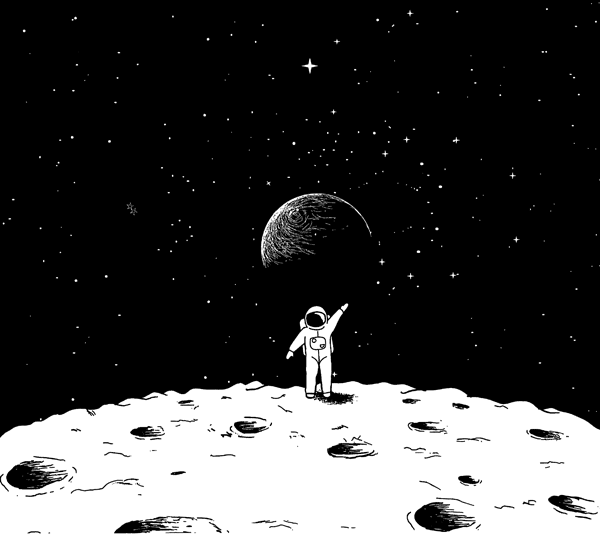Most books written about the Apollo program, and the Apollo 11 landing specifically, have an American-centric focus, and for good reason. This was, after all, a program featuring American astronauts flying on American rockets, advocated by American politicians as part of a geopolitical competition the United States was waging against the Soviet Union. The contributions of other countries, like Canadian engineers or Australian ground stations, tended only to play cameos in that story (although the role of German-born engineers, some with Nazi ties, has gotten more scrutiny in recent decades.)
Apollo, though, was a worldwide phenomenon, with the Apollo 11 landing watched on television by an estimated 600 million people, about a fifth of the world’s population. While other nations may not have been directly involved in the program, their citizens were interested in the Apollo 11 mission, following the landing and historic moonwalk even if it meant staying up through the night. Huge crowds greeted the Apollo 11 astronauts in their round-the-world tour months after the mission.
The new book For All Humankind offers some examples of that global interest in the mission. Authors Tanya Harrison and Danny Bednar profile eight relatively ordinary people from around the world, all outside the United States, who offer their recollections of the Apollo landing. They range from a Lithuanian-born Holocaust survivor working as an engineer in Canada to a space-crazed teenager in England to an engineering student in Sudan who watched the landing on his university’s only television and then raced home to tell his uncle, who didn’t believe him at first.
Read more: Review: For All Humankind (The Space Review) by Jeff Foust

